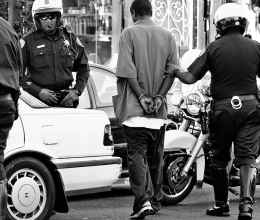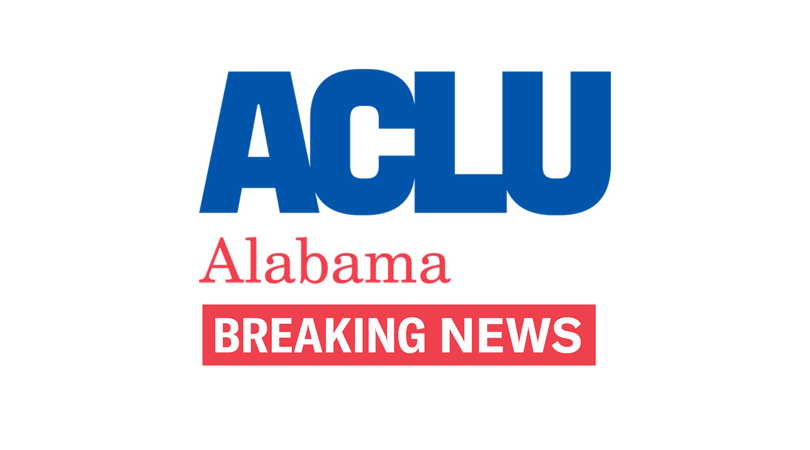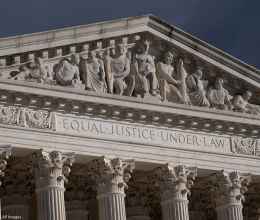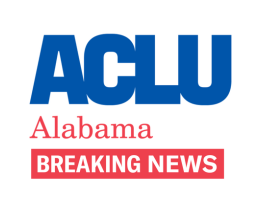
Civil Rights Groups File Public Records Request for Use of Force and Other Policies
MONTGOMERY, Ala. – The ACLU of Alabama and Alabama NAACP filed public records requests today to police departments in Birmingham, Mobile, Montgomery, Hoover, Huntsville, and Saraland for their use-of-force policies, body camera policies, and racial bias training materials, following the tragic shooting of E.J. Bradford and numerous incidents of excessive use of force in Alabama.
These leading civil rights groups call for transparency and accountability as the state grapples with abuses towards people of color. In just the past few years, we’ve seen Chikesia Clemons, a Black woman wrestled to the ground and exposed for making a complaint at a Waffle House in Saraland. Ulysses Wilkerson, a Black teenager, beaten and hospitalized in Troy. Sureshbhai Patel, an elderly Indian man, slammed to the ground in Madison. Greg Gunn, a Black man shot and killed walking home in Montgomery.
“Far too often, the concept of ‘reasonable force’ has been distorted to justify police officers killing or seriously injuring people of color for indefensible reasons. The death of E.J. Bradford by the Hoover Police Department is a reminder of the tragic loss a family and community faces when law enforcement utilizes lethal force,” said Dillon Nettles, policy analyst for the ACLU of Alabama.
“Law enforcement must implement transformative reforms that build public trust and lead to humane, equitable, and constitutional policing in all communities. We plan to fight for that transparency by collecting policies, practices, and data for departments across the state in the hope that it leads to greater accountability for violations of law, policy, and community trust.”
These incidents of excessive and oftentimes lethal force, particularly towards people of color, is an epidemic. The Washington Post reported that 987 people were shot and killed by police in 2017. Police officers are charged with defending and protecting the community, not abusing it.
Alabama NAACP President Benard Simelton said, “Too many of our young black males in particular are being shot and killed like animals and no one is held accountable. These tragic scenes must stop. The people in our communities deserve to know the policies and procedures that Law Enforcement Agencies use when engaging individuals with weapons. The NAACP has advocated for use of body cameras by police officers so that the community could see really what happened, but when Law Enforcement refuses to release the video to the public, it does not help the situation. It is as if the video was never taken.”
However, police officers do not see a systemic issue. A Pew Research Center poll released in 2017 found that two-thirds of the nation’s police officers believe the deaths of Black Americans during encounters with police are isolated incidents and not an indication of broader problems between law enforcement and the Black community.
This disconnect between law enforcement and Black people shows that culture shifts and internal reform of police policies are needed to prompt agents of the law to foster a positive, trusting relationship with the communities they serve. Given this recent tragedy, Alabama law enforcement must be held to the same principles of transparency and open decision-making that other government officials accept as a condition of operating in a democratic society.
The public records request is available at: https://www.aclualabama.org/sites/default/files/prrletter20181212-useofforce.pdf








